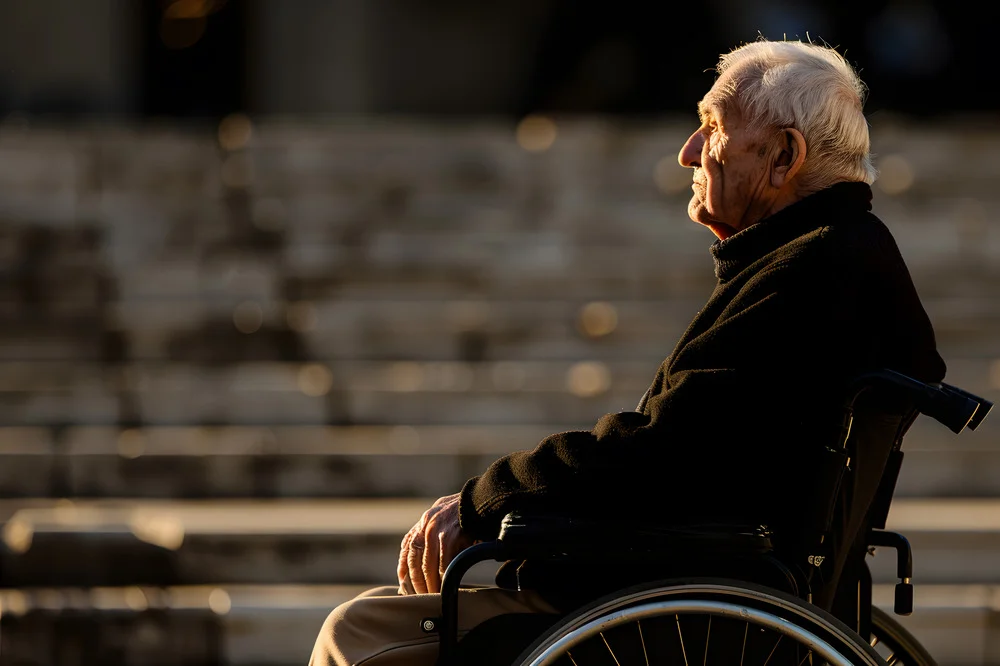
In the United States, approximately 13.7% of adults live with mobility challenges, making it the most common type of disability. Among older adults, the prevalence of disability increases significantly, with mobility impairments often requiring additional support. While many individuals adapt to these challenges independently, countless families step in as caregivers, providing essential assistance. Caring for a loved one with mobility issues presents unique hurdles that demand patience, adaptability, and unwavering care.
Home care offers tailored solutions to address mobility challenges, helping your loved one navigate their home and daily life with greater ease and confidence.
Understanding Mobility Challenges
Mobility issues can arise from various conditions such as arthritis, stroke, Parkinson’s disease, or age-related changes. Even routine activities like getting out of bed, climbing stairs, or reaching for items can become difficult. These challenges not only affect physical well-being but also take a toll on emotional health, leading to feelings of frustration or loss of independence.
Recognizing the need for help is the first step toward creating a safe and supportive environment. Home care professionals specialize in helping individuals with mobility challenges regain a sense of normalcy in their lives.
How Home Care Supports Mobility at Home
- Assistance with Daily Activities
Home care providers assist with everyday tasks such as bathing, dressing, and moving from one room to another. Having someone nearby to offer steady support reduces the risk of falls and injuries, ensuring your loved one feels secure while performing routine activities. - Safe Home Modifications
A trained caregiver can recommend and implement small adjustments to make the home more accessible. This might include rearranging furniture for easier movement, installing grab bars in bathrooms, or using non-slip mats to prevent falls. These seemingly minor changes can make a significant difference in fostering independence. - Encouraging Mobility Exercises
Caregivers often work with physical therapists or follow exercise routines tailored to the individual’s abilities. Gentle mobility exercises can strengthen muscles, improve balance, and enhance overall flexibility. Regular movement not only supports physical health but also boosts confidence. - Specialized Equipment Use
Home care professionals are skilled in using mobility aids such as walkers, wheelchairs, or transfer boards. They can teach your loved one how to use these devices effectively, ensuring safety and proper usage. This guidance can make it easier for them to move around the house or even step outside for fresh air.
Why Home Care Matters
Mobility issues shouldn’t mean sacrificing independence or quality of life. With Home Care Annapolis, your loved one can receive the tailored support they need to stay active, safe, and comfortable in their own home. Whether its help with daily tasks, exercises to enhance mobility, or simply providing companionship, home care ensures they’re surrounded by care and dignity.
The Support You Can Count On
Caring for a loved one with mobility challenges doesn’t have to be a journey you take alone. Assisting Hands Home Care provides personalized care solutions, including 24-Hour care in Annapolis, to ensure your loved one’s safety and comfort. Contact us today to learn how we can help your family with comprehensive home care services tailored to meet your needs.
